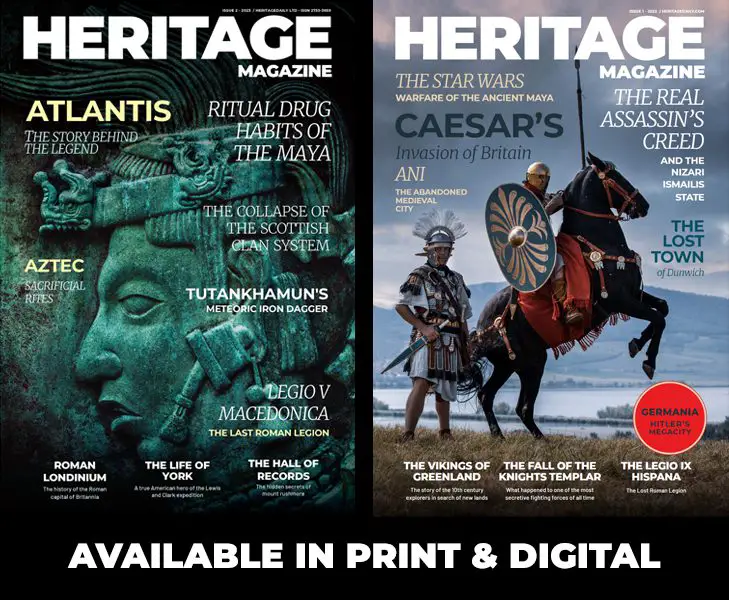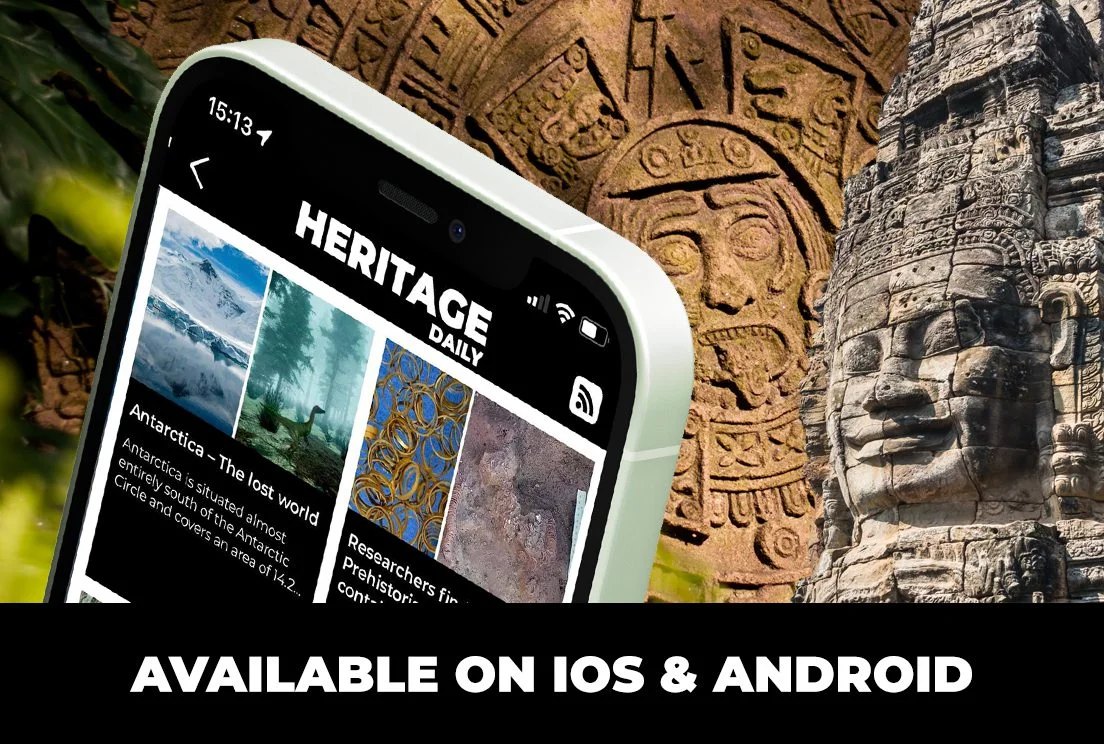Archaeologists aim to uncover how societies in the Western Mediterranean region overcame environmental obstacles and sparked a ‘green revolution’ that lasted for a millennium.
A group of scientists from the universities of Reading, Barcelona, Granada, York, UCL, Basel, València, Murcia, and INSAP (Rabat) will receive a 10 million euro (£8.8 million) grant from the European Research Council to investigate changes in plants, animals, and land over a thousand years in Spain, the Balearic Islands, and Morocco.
From the 6th to the 16th centuries, the Western Mediterranean region underwent various political and demographic changes, such as the Arab conquests of North Africa and Iberia and the Christian conquests of Islamic Al-Andalus.
Alongside these events, significant agricultural advancements were made, including progress in irrigation, land management, and the introduction of new crops, leading to the ‘Green Revolution’ that spread throughout the medieval Islamic world.
Professor Aleks Pluskowski, a medieval archaeologist from the University of Reading and one of the co-directors of the project, said: “From your orange juice at breakfast, to the rice you have for lunch, and the cotton sheets you sleep in at night, the legacy of the Green Revolution is still with us more than 1,000 years later.
“We still have many questions, and we hope this project will help to answer them. We suspect that migrating Arabs (and in Iberia, also Berbers) did not bring a ready-made agricultural toolkit with them, but instead adapted to the opportunities and challenges they encountered. We also want to see how later societies adopted and adapted these innovations.”
The project’s objective is to chart climate changes in the Western Mediterranean region before, during, and after the Arab conquests, during which increasing aridity in some areas would have presented a significant challenge.
Professor Dominik Fleitmann, a climate scientist from the University of Basel, said: “The Mediterranean climate will get hotter and dryer in the coming decades, so this will present major challenges to water and food security.
“In our globally connected society, this will affect us all, as shoppers have found in recent months, with some shortages of fresh food. We want to see how people overcame similar challenges in the past and whether we can learn anything from this.”
The techniques used by the project’s researchers will include the microscopic study of soils and sediments, analysis of food residues on ceramics, ancient DNA and isotopic analyses of plant remains and animal bones, alongside conventional archaeology.
Dr Rowena Banerjea, a research associate in geoarchaeology from the University of Reading, added: “We will use the latest scientific techniques to reveal stories that have been long hidden in soils, bones and artefacts. This will help us to understand how migrating populations changed the landscape and what they grew and ate, the legacy of which we still see in our lives today.”
Header Image – Excavating Andalusi silos at Atienza castle – Image Credit : University of Reading





